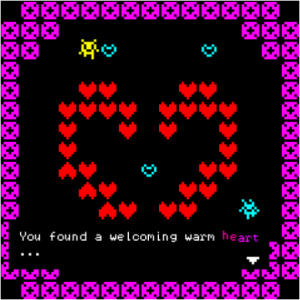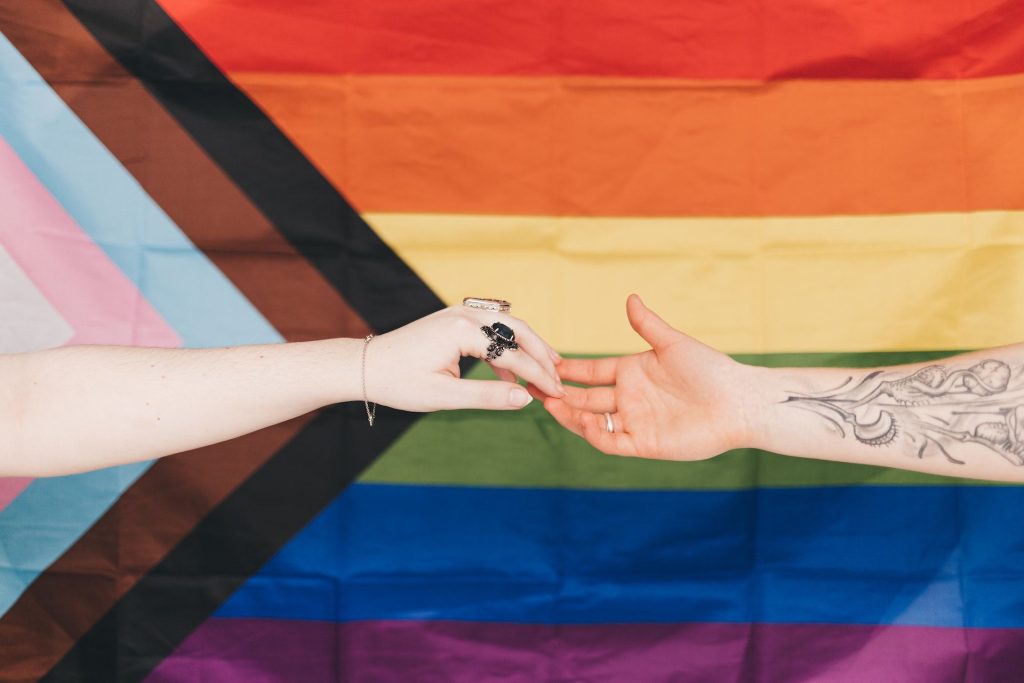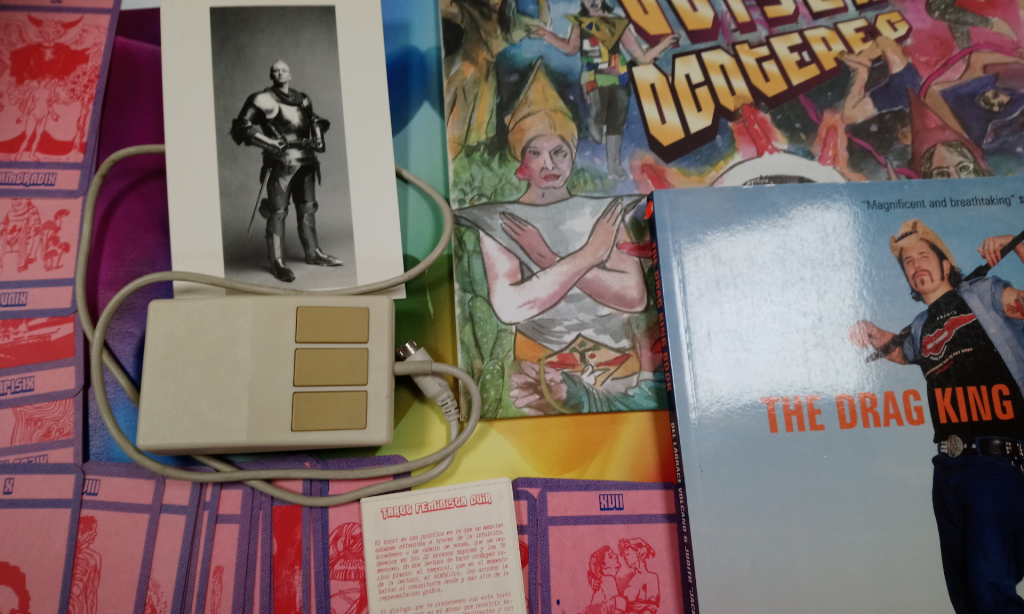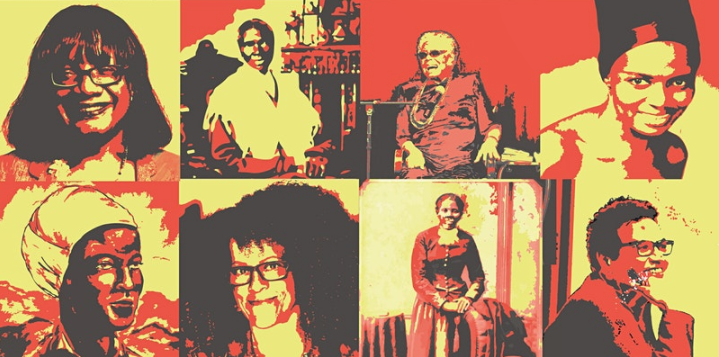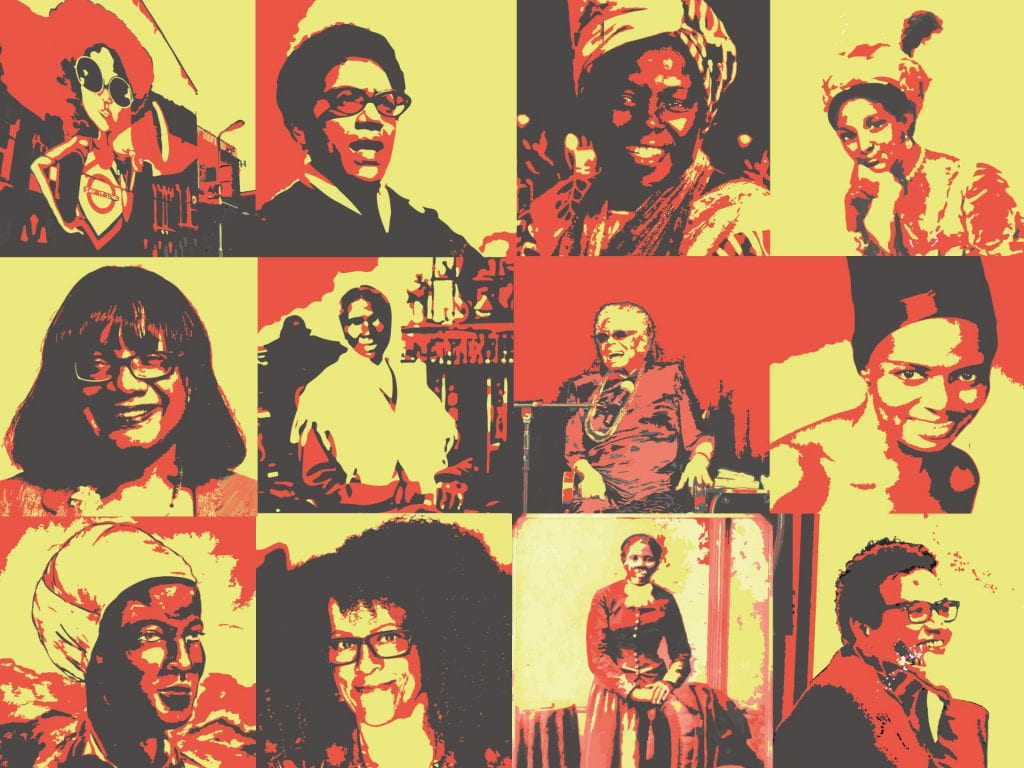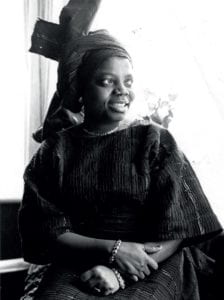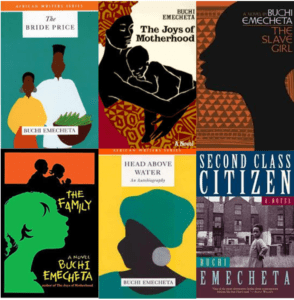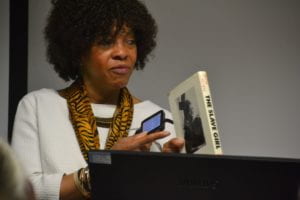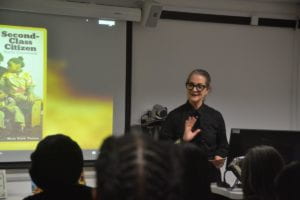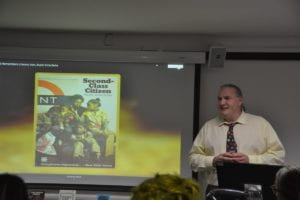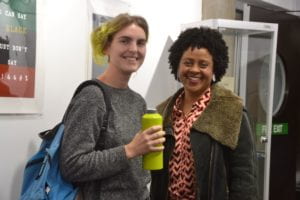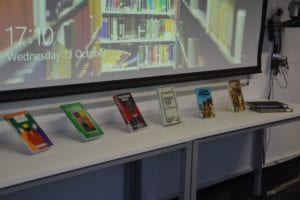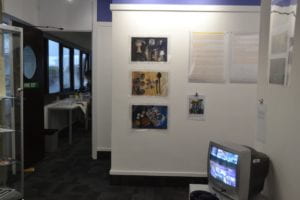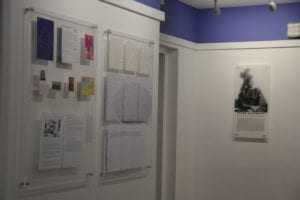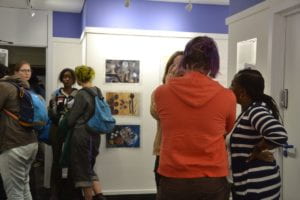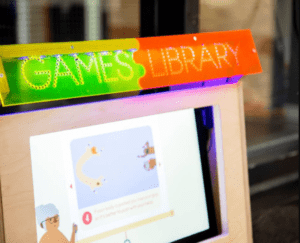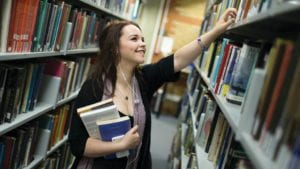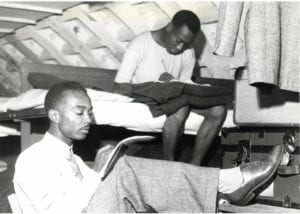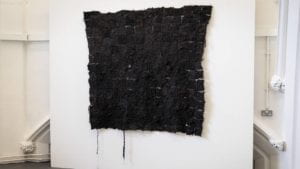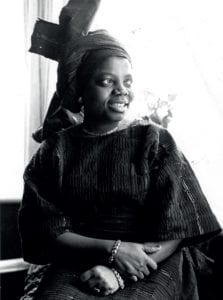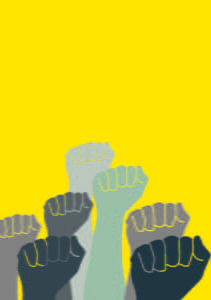Since beginning the LGBTQ+ Positive Voices exhibition project, I’ve been exploring Goldsmiths collections, with a lot of support from the Special Collections and Archives team, and pulling out items of interest. This has been as a way to discover items for the exhibition, and also a way to discover materials that I could use as inspiration for my own creative responses to the exhibition focus – that being “positive reflections and experiences of LGBTQ+ people”.
When I started, I wasn’t sure what shape my creative response would take. In the end, I decided to give myself some rules just so I could start creating something, rather than dithering endlessly about what form it would take. My rules were (1) create something specifically in the Special Collections space itself (2) create something no-tech/low tech/physical, rather than digital.
I’d recently discovered zines via the library’s own Liberate Zines collection, and I also came across the concept of photocopy art in the Women’s Art Library collection.
So, I took those concepts and pulled together a poster collage with a DIY feel to it, which has a focus around the portrayal of gender. Why? Because I am trans*/gender non-conforming, and I wanted to see what items there were in the collection in relation to that. I included photocopied images and “negative” text (ie white on black) by Volcano DeLagrace & J. Jack Halberstam from their Drag King Book; Tessa Boffin’s portrayal of women in masculine presentation; Invasorix tarot cards; and part of a Mandy McCarthy image in a photocopy collage.
Much of the collage comes from a lesbian, drag king, queer feminist perspective, and it was an interesting experience for me to see how that might and might not relate to my own identity as someone who is assigned male at birth.
I decided that I wanted to focus on the creators words only, so I made liberal use of highlighters on the posters to draw attention to who these artists were and draw attention to text and images they used. When I looked at what I’d pulled together/repurposed, and was wondering why this collage of unrelated artists and their thoughts made sense to me, I realised it was a focus on the idea that we can “do” gender however we want to and that’s okay.
As a creative practice, it was useful for me to look at materials I wasn’t aware of, and discover new artists myself. When I was talking to the SCA team about the project and things I was interested in seeing, thanks to their knowledge of the collection and broader thinking they introduced me to all the artists I mentioned above and took me in a direction I had not realised I would go in. The exhibition is about positive experiences/perspectives of LGBTQ+ people, and I wanted this piece to be about things that were positive to me in relation to my identity, and I expected that to come from AMAB bi and trans* perspective – so it was interesting to see that it didn’t work that way. The positivity of this piece in relation to how I felt was gained from an entirely different direction.
Here are a few images of the “Do Gender However It Works For You” work in progress in different stages. Just so you can see how it came together.
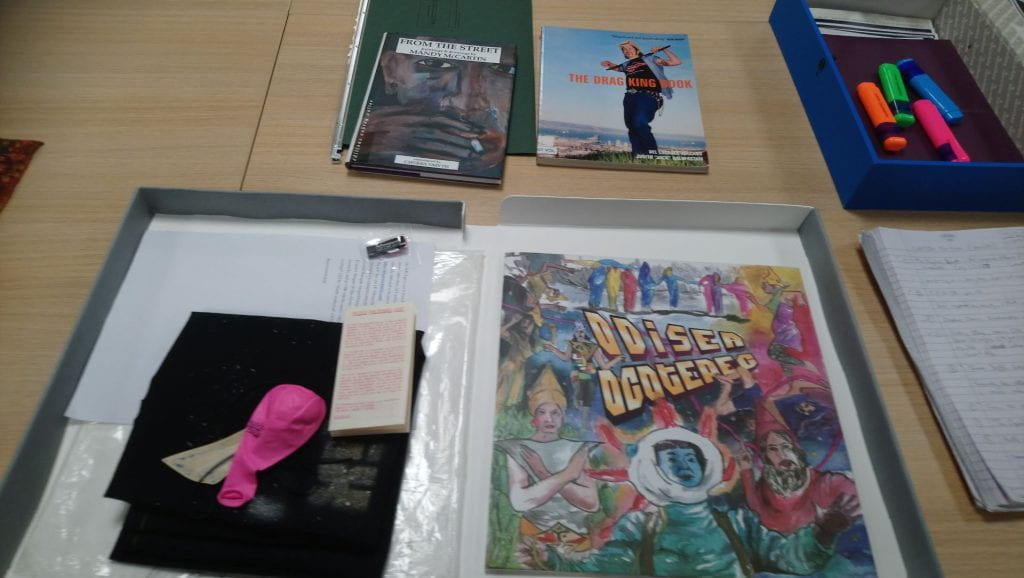
A few of the original sources
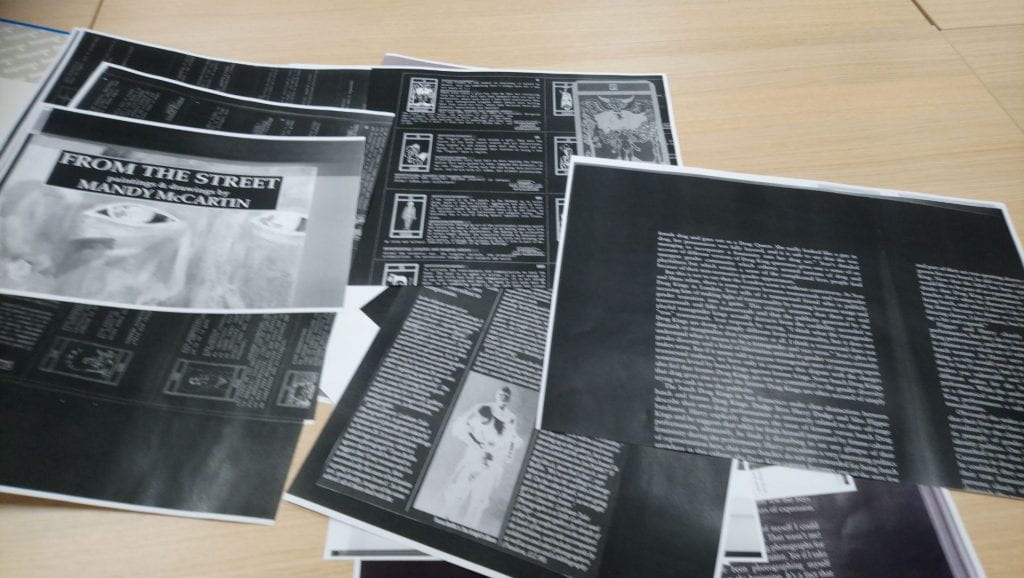
Content scaled up and photocopied as negatives
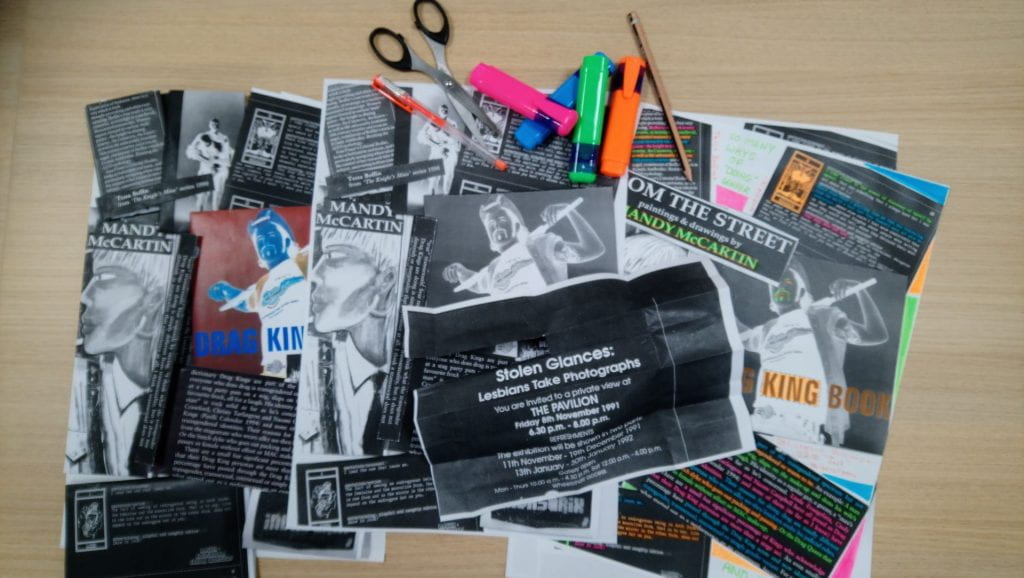
Paper folding, sticking and test colouring with highlighters
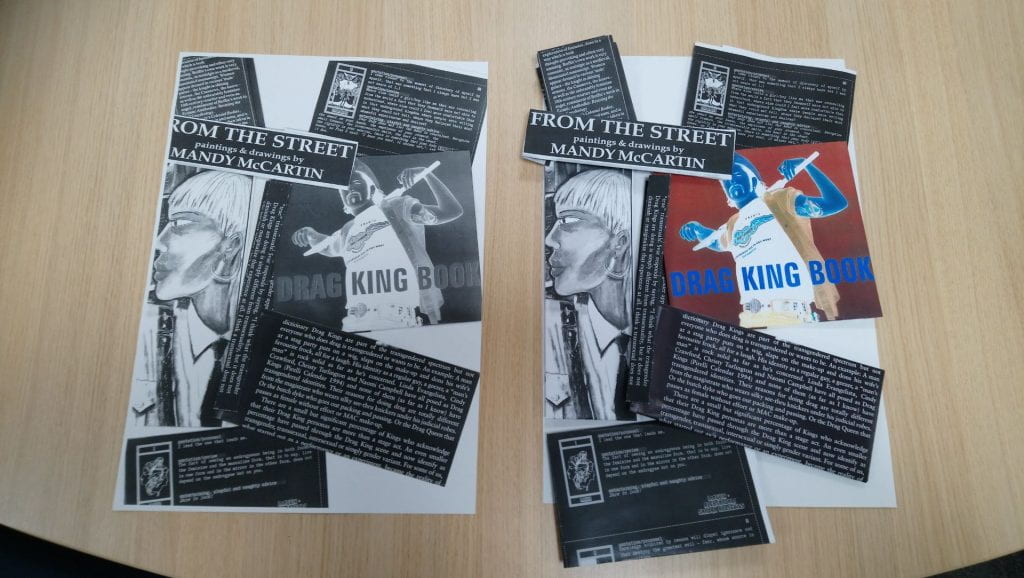
Photocopied collage and more colour tests
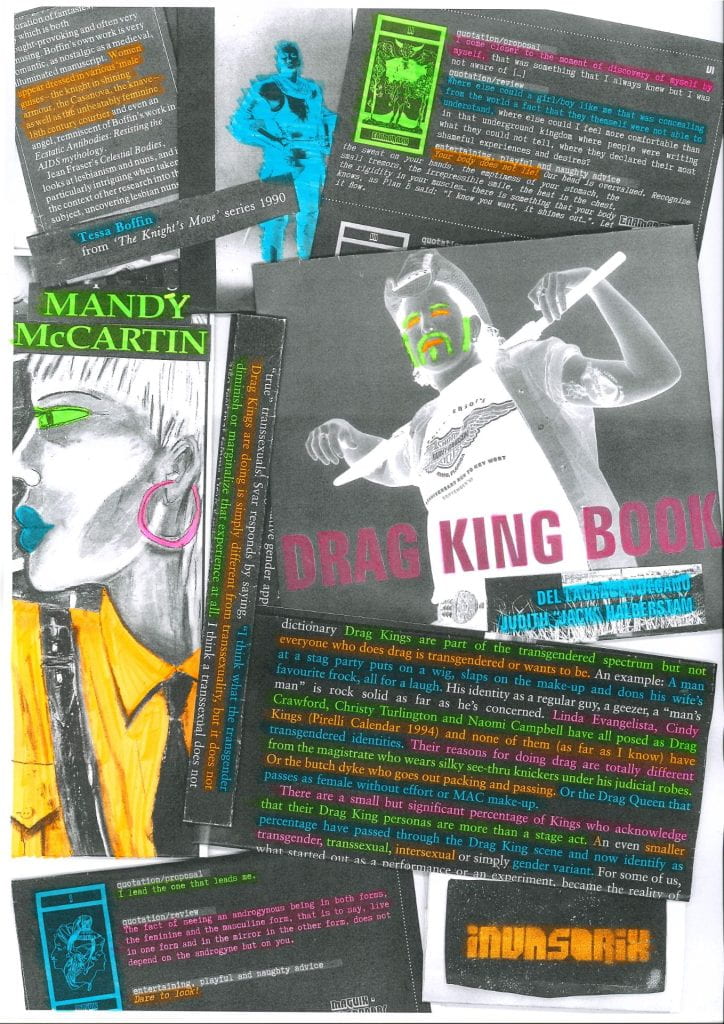
Completed piece?!? Maybe!
We have another workshop for the exhibition coming up on the afternoon of 10th August 2023, which is open to all (including anyone from outside of Goldsmiths University). We’d like anyone who wants to get involved in contributing to the exhibition to come along. The workshop will give people the chance to learn about the project, including how you can get involved. And we’ll share some of Goldsmiths University Special Collections and Archives collection with you to spark ideas about how LGBTQ+ lives can be revealed, celebrated and portrayed positively through it. Getting involved could mean one of many things – create a piece for the exhibition; pull out materials from the collection that speak to you in a positive way from an LGBTQ+ perpspective; contribute a character to a pixel style game; or share your own positive experiences in whatever form you want to.
You can book your place at the workshop here: https://libcal.gold.ac.uk/calendar/SCA/LGBTQPositive3
Ash Green (LGBTQ+ Positive Voices @Goldsmiths curator)
